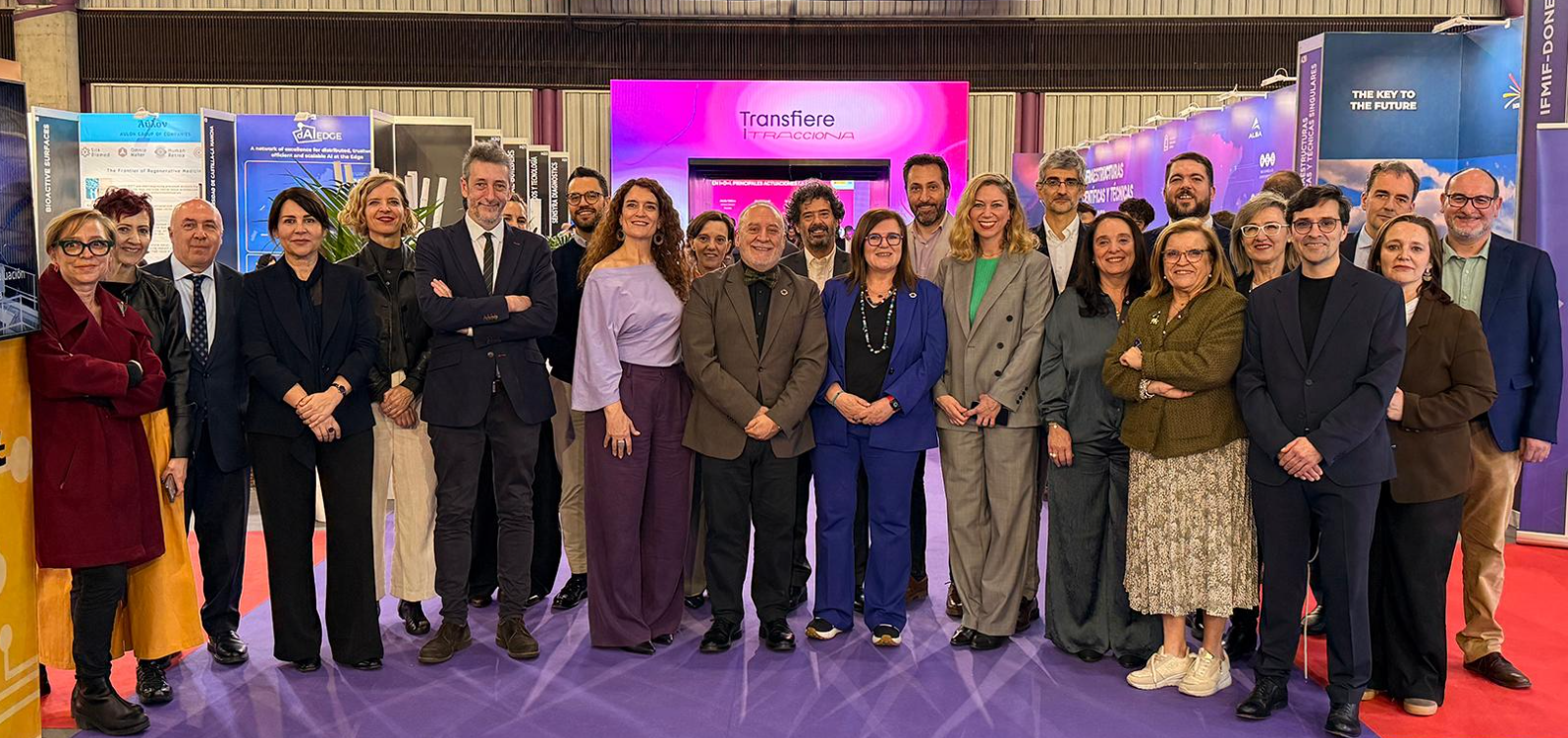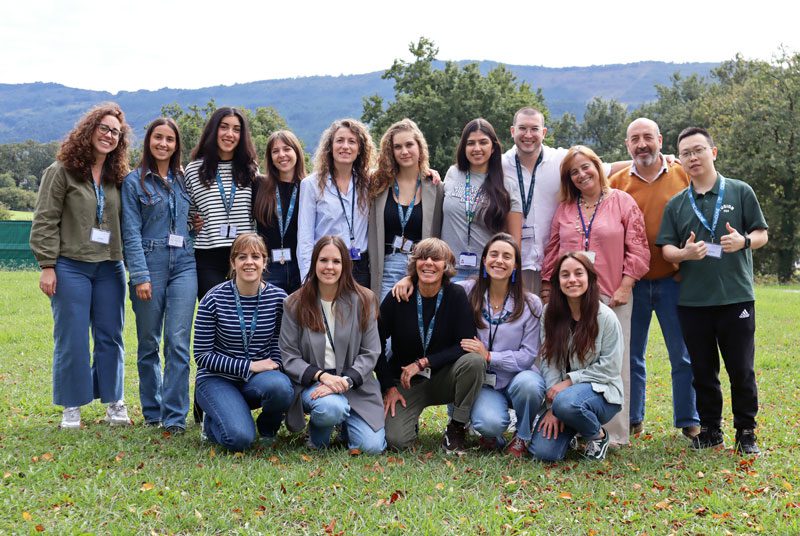Ibermática creates digital twins of patients to test whether a treatment can work

The aim is to develop software to test well in advance how they might evolve in the face of any kind of disease
 The healthcare of the future is getting closer and closer. In this sector, gaining time is essential, and knowing in advance how a patient might respond to a particular treatment for any type of disease would be a vital advance. This is what Ibermática wants to achieve with the EDIT (Emerging Disease Twin) project, co-financed by Red.es and FEDER, developing software based on artificial intelligence (AI) and data analytics that will allow specific treatments to be tested in advance on a virtual patient who responds to the same parameters as his or her real twin. In this way, it will be possible to know in advance if it is going to work and, if not, to modify the treatment promptly.
The healthcare of the future is getting closer and closer. In this sector, gaining time is essential, and knowing in advance how a patient might respond to a particular treatment for any type of disease would be a vital advance. This is what Ibermática wants to achieve with the EDIT (Emerging Disease Twin) project, co-financed by Red.es and FEDER, developing software based on artificial intelligence (AI) and data analytics that will allow specific treatments to be tested in advance on a virtual patient who responds to the same parameters as his or her real twin. In this way, it will be possible to know in advance if it is going to work and, if not, to modify the treatment promptly.
Ibermática, together with its i3B Innovation Institute, is already immersed in the creation of a software tool that facilitates the development of digital twins, both of the patient and of the medicines/treatments available and the interactions between them, which will make it possible to improve and bring forward in time the result and effect of the variables related to treatments, vaccines, tests, clinical procedures, etc., regardless of the phase in which they are, whether in preliminary research, pre-clinical phase, clinical study and so on.
This project is a critical step in the fight against any emerging disease, such as Covid-19, given the uncertainty about the reliability and efficacy of treatments, best practices, vaccines, etc., while they are still in the prototype testing phase. Accelerating this process, and optimising the chances of success, is an objective with a high potential impact for any health system. Although EDIT will focus its impact on Covid-19, the developments and products obtained will not be exclusive to this disease, but can be applied to other diseases with similar characteristics in terms of complexity and variability of information.
Platform tools
The emergence of a new pathology with a high rate of contagion such as Covid-19 has increased the rate of publication of information to previously unknown levels. In this context, AI is being used as a tool to support the fight against the pandemic, but using it in environments where the information is very diverse, dispersed, unequal in terms of quality, etc., as is also the case with any emerging disease, is not a trivial process, and even less so when the rate at which information is updated is so high.
For this reason, Ibermática proposes EDIT as a tool that, based on the use of AI, serves on the one hand to take advantage of all the potential of these tools in the exploitation of information, and on the other, to involve clinicians and their knowledge. To achieve this goal, it proposes to research and develop a suite of tools that will allow, based on the diverse and dispersed information available, to discover possible therapeutic and medication scenarios quickly.
This suite of tools will allow, in the first place, the extraction, standardisation and online acquisition of information from both opendata, specialised sources relating to Coivd-19, and internal data sources that make it possible to generate homogeneous and codified information. These parameters may range from variables such as age, sex, previous illnesses, history, pathologies, known evolutions, associated clinical variables, etc., to information on therapies associated with viruses similar to SARS-CoV-2, the latest research and trials worldwide.
The information collected will then be converted into knowledge by means of inference, coding and clinical enrichment, which, together with clinical validation, will make it possible to obtain a heuristic clinical knowledge base (knowledge graph) that can be exploited by means of AI algorithms.
Finally, the knowledge base will be exploited by modelling the behaviour, cross-modelling of drugs, molecular compounds, effects on the virus causing Covid-19, and similar, and the interpolation of these behaviours on the different virtual patient models developed on the platform through the use of technologies such as transfer-learning, or reinforcement learning.
Digital twins
EDIT proposes the use of digital twins, understood as a virtual replica made in the image and likeness of a product or service, with the capacity to reliably predict how it will behave. Thus, on the one hand, a digital twin will be created at patient level to discover possible evolutions, and on the other, a digital twin of different drugs, treatments and therapies to analyse the evolution of different patients in a simulator.
The two twins in conjunction will make it possible to simulate trials and tests on the stages of different patients in different degrees of evolution, allowing the discovery of possible treatments in a parallel, massive and simulated way, offering researchers different optimal scenarios of combination of compounds, drugs and analysis in order to decide application strategies in the real environment with respect to the impact scenarios.
EDIT is a project co-funded by Red.es and the European Union through the European Regional Development Fund (ERDF) in the State Programme for R&D&I aimed at societal challenges and the State Programme for Business Leadership in R&D&I.




